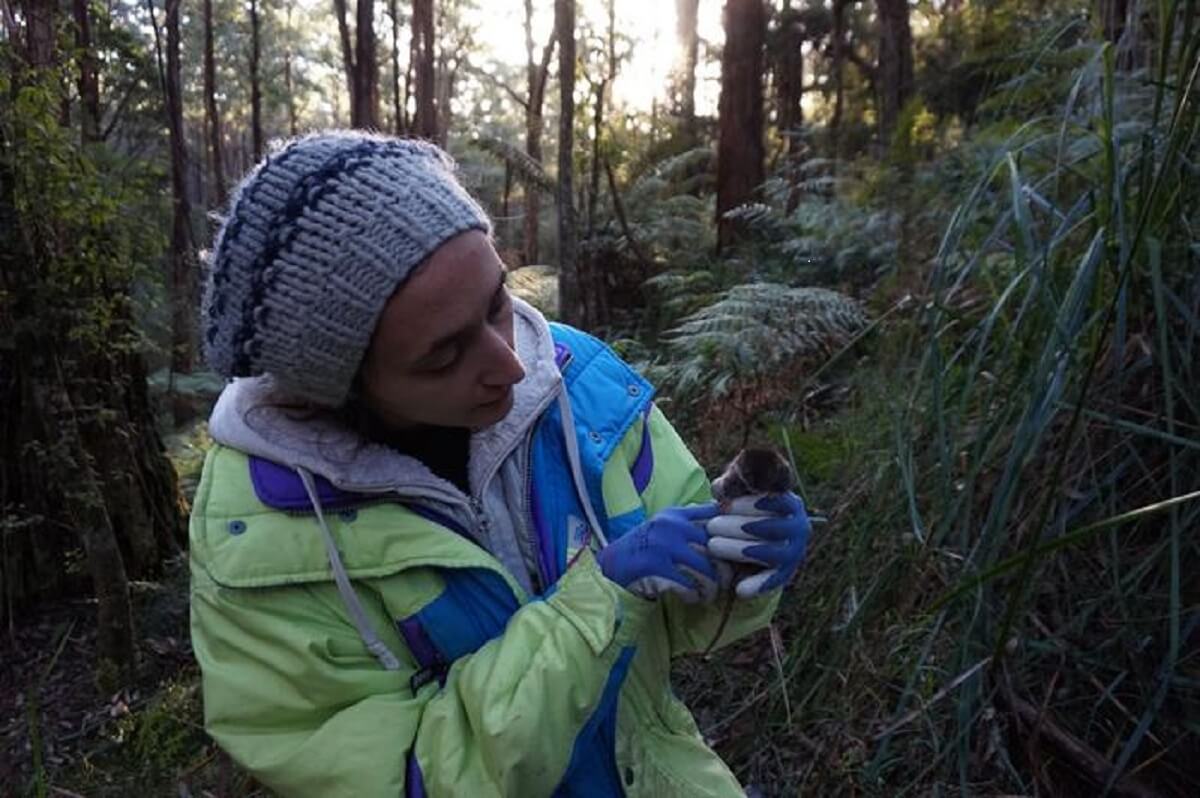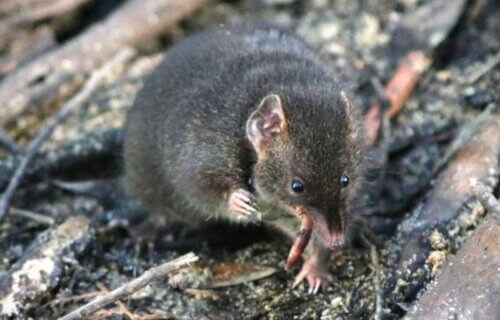MELBOURNE, Australia — A frisky marsupial cuts its sleep to just three hours a night so it can cram in 14-hour sex sessions, new research shows. However, this intense sex binge ultimately leads to the male’s death.
Researchers from Australia discovered that these marsupials, known as the antechinus, a small mouse-like creature, significantly reduce their sleep time to accommodate extended mating periods.
“We showed that males lose sleep during the breeding season, with one male halving his sleep during this mating period,” says Erika Zaid, a PhD student at La Trobe University in Melbourne, in a media release. “In humans and other animals, restricting the normal amount of sleep leads to worse performance while awake, an effect that compounds night after night. And yet, the antechinus did just that: they slept three hours less per night, every night, for three weeks.”
Zaid further notes that this sacrifice of sleep for reproduction is likely driven by strong sexual selection, despite the common negative effects of sleep deprivation.
“It is actually a little surprising that these animals do not sacrifice even more sleep during the breeding season, since they will soon die anyways,” adds John Lesku, the lead researcher.

The study, however, did not establish a direct link between the marsupials’ exhaustive mating rituals and their subsequent deaths. An earlier study by Associate Professor Andrew Baker from Queensland University of Technology, published in Australian Mammalogy, suggested that post-sexual fatalities might be linked to extreme testosterone levels.
“During the breeding season, males and females mate promiscuously in frenzied bouts lasting as long as 14 hours. The males drop dead, which provides an opportunity for cheap energy gain via cannibalism for still-living males and pregnant or lactating female antechinuses,” Prof. Baker explains in a separate media release.
The researcher further clarified that this type of death is inevitable for all males as a result of surging testosterone causing uncontrolled cortisol floods in the body, reaching pathological levels. In essence, the antechinuses’ deaths are a direct consequence of their intense sexual activity.
One of the most unusual aspects of this discovery is that the antechinuses engage in cannibalism as a part of their energy strategy during mating season.
“For the earlier-breeding antechinus species, it may mean that pregnant and lactating females can get high-energy food by cannibalizing the males of the later-breeding species as they die off. For the later-breeding species, both sexes may take the opportunity to cannibalize dead males of the earlier-breeding species, to help stack on weight and condition before their own breeding period commences,” Baker elaborates.
The research is published in the journal Current Biology.
South West News Service writer Imogen Howse contributed to this report.

I presume that they die with a smile on their face.